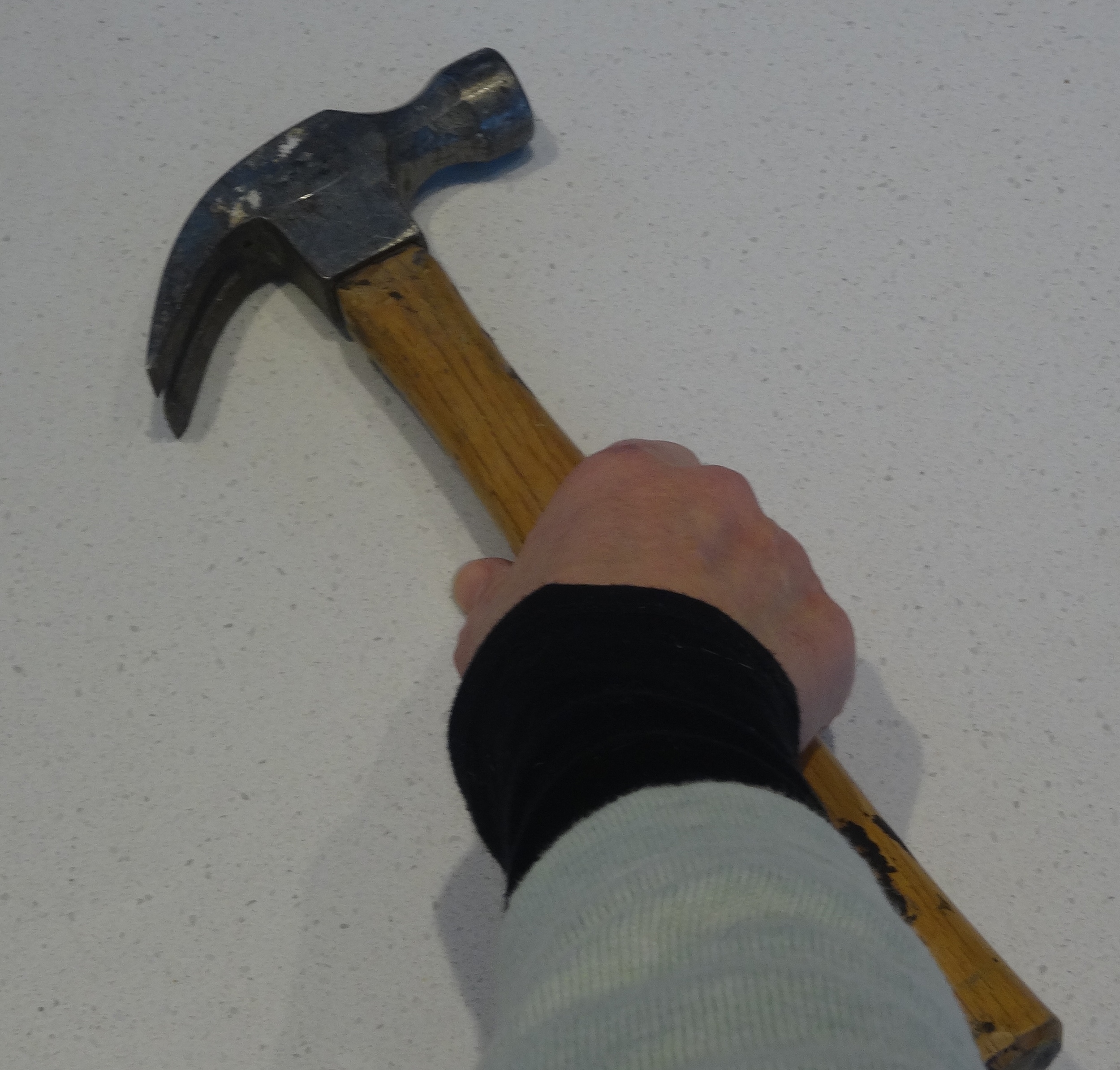Coming from Europe, where Valentine's Day is not taken too seriously, I used to find it, well a bit corny. To illustrate the importance of Valentine's Day in this country in comparison: In last Sunday's social Q&A in the NY Times Styles section a woman expressed feelings of insecurity and dejectedness because her boyfriend had scheduled some sports competition for Valentine's Day, would have to go to bed early on Saturday night and presumably fall into bed exhausted on Sunday. What was she to do, all alone on Valentine's Day?
Maybe the answer lies somewhere in between buying your loved one a diamond every Valentine's Day and scheduling a sports event when you know this day is important for her, a happy medium between forced commercialism and meaningful relationship affirmation. Relationships take effort, and expressing and reiterating our appreciation and love for our partner is important, whether the calendar says Valentine's Day or not. Personally, I think that overpriced and overcrowded restaurants are not the place to go on Valentine's Day. But celebrations are always great fun, and another excuse for doing something special is wonderful, in whatever way, shape or form you chose to do so. For the past few years we have organized a red themed family dinner at home, with each family member in charge of preparing one red course.
What are your plans?







